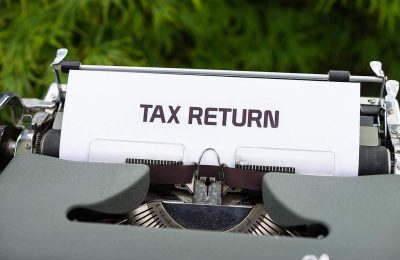There has been much in the news in recent years concerning tax relief changes and how it has affected landlords. Very little though has been disclosed on how the reverberations will affect tenants.
Landlord David Heard, who has had to sell several rental properties and a plot of land that he planned to develop for rental, has also had to increase rents by 6% last year and 5% this year to cover the increased costs as a result of the tax changes.
Heard explained: “I have informed my tenants, with information packs that explain the policy, that these rent rises will be ongoing unless the policy is reversed. If I go bankrupt we all lose.”
In previous years he never thought he would have had to sell any of his properties and always wanted to ensure his tenants had security. However, the tax relief changes brought about in Osborne’s 2015 budget have also forced Heard to evict six families.
Taking action to inform tenants
Osborne implemented changes that resulted in landlords being taxed on their turnover rather than their profit. They were no longer able to deduct the cost of mortgage interest from their income before they calculate the tax liability. The phasing in of this new rule began in 2017 and will be fully in place by 2020. Heard stated that from 2020 onwards he will be paying tax on approximately £80,000 of costs that he has paid out. He stated: “I have had to put measures in place in an endeavour to secure my financial future.”
Heard tried to gain support from his MP, Penny Mordaunt, however she didn’t respond to his request for a meeting and he decided to take the matter into his own hands and raise awareness of the situation.
He arranged for a billboard to be erected on Stamshaw Road in Portsmouth; a busy road near the motorway and ferry port. Heard intends to keep the billboard up for a year.
These changes to tax relief have become known as a “tenant tax” because ultimately it is viewed that it will be them who will be affected most.











